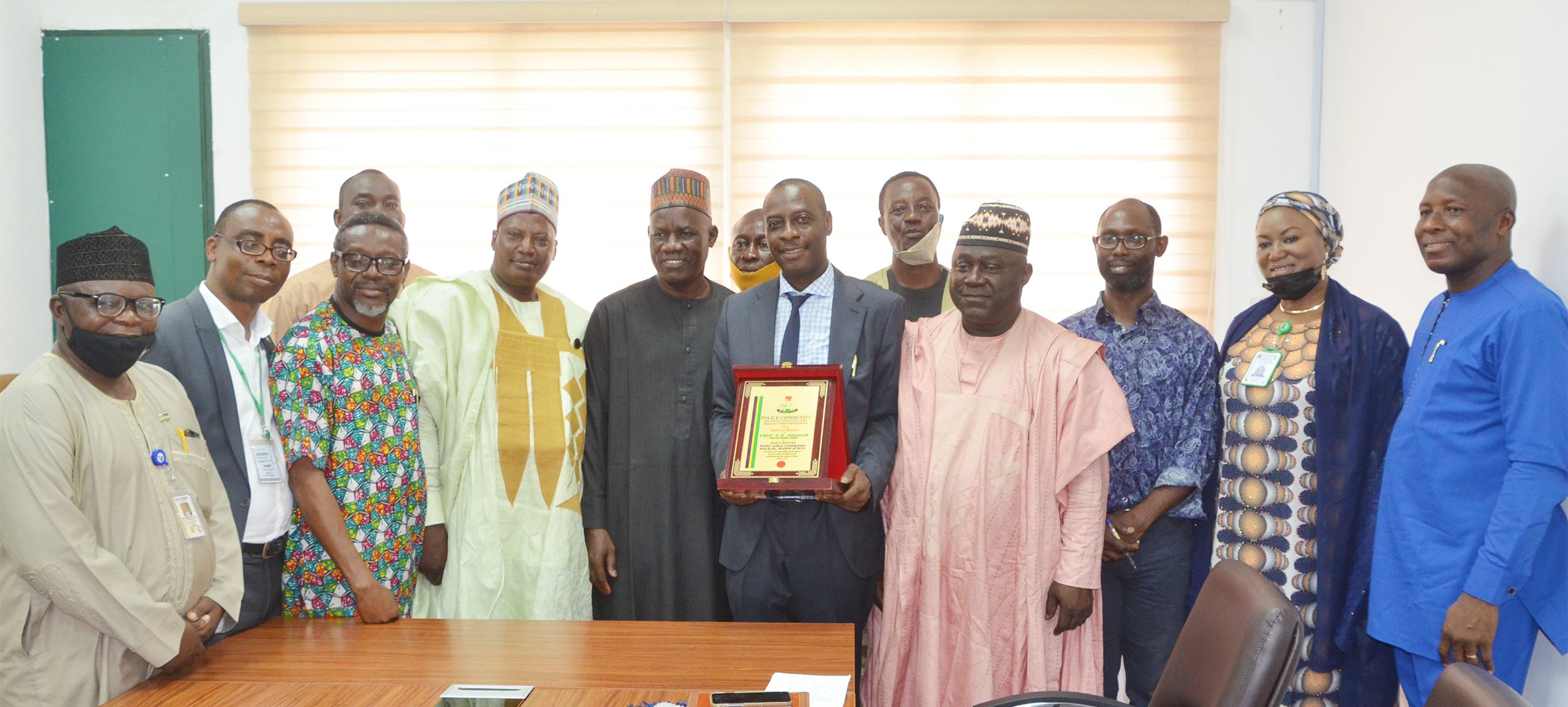Business
Forex Crisis Putting Investment, Jobs At Risk – LCCI

The difficulties faced by many investors in Nigeria in accessing foreign exchange for importation of raw materials, equipment and some critical inputs for production and processing is putting investments and jobs at risk, the Lagos Chamber of Commerce and Industry (LC-CI) has said.
The President, LCCI, Mrs Toki Mabogunje, said on Wednesday that the chamber was concerned about the divergent positions of both the fiscal and monetary authorities regarding the country’s foreign exchange framework.
“Lack of cohesion among policymakers sends a negative signal to the investment community, worsens uncertainty, and further dampens investor confidence,” she said on Wednesday at the chamber’s quarterly press conference on the state of the economy.
According to her, it is important for the fiscal authorities, the Central Bank of Nigeria and the Economic Advisory Council to be on the same page as far as the country’s forex policy framework is concerned.
Mabogunje said the country’s forex policy framework needed to be reviewed to expand the scope of market mechanism in the determination of exchange rate.
“It is critically important for policymakers to harmonise the multiple exchange rates into a single market-reflective rate, which is imperative in strengthening investor confidence and engendering macroeconomic stability,” she said.
She said the unification of exchange rates would complement recent efforts by the CBN geared at enhancing liquidity at the supply segment of the foreign exchange market.
According to her, ensuring clarity on the country’s foreign exchange policy direction among participants in the investment environment is even more imperative in attracting private investments into the economy.
Mabogunje said, “Meanwhile, many investors in the economy, including those in the real sector, are lamenting the difficulties in accessing foreign exchange for importation of raw materials, equipment and some critical inputs for production and processing. This is in spite of the notable recovery in crude oil prices.
“This situation is taking a huge toll on capacity utilisation, business turnover, sales, and profitability. Sustainability of some of these investments are currently at risk with dire implications for retention of jobs.”
She said all these underscored the need to review the current foreign exchange management model.
The LCCI acknowledged the efforts of the CBN towards boosting dollar inflows into the economy through the Naira for Dollar Scheme.
“The chamber wants this privilege to be extended to other sources of foreign inflows, especially export proceeds,” Mabogunje said.
According to her, the major drivers of core inflation in recent months include lingering forex liquidity concerns, evidenced by the widening disparity between parallel market rate and Nigerian Autonomous Foreign Exchange Rate; pass-through effect of the exchange rate depreciation on imported raw materials and finished items; elevated energy prices; upward adjustment of electricity tariff, and cargo clearing challenges at the ports.
Mabogunje said, “The continued uptick in inflation has profound implications for all stakeholders in the economy including households, businesses, and investors.
“It weakens purchasing power and consequently worsens the poverty conditions; it escalates operating and production costs and erodes profit margins, and ultimately undermines investors’ confidence.
“Galloping inflation complicates the pursuance of the price stabilisation mandate of the CBN even at a time the bank is deepening its intervention efforts to boost credit flows to the real economy.”
She said although the country had exited recession, growth remained fragile, with several challenges including rising consumer prices, weak employment level, depressed purchasing power, weak investor confidence, persisting external vulnerabilities and security concerns.
Business
Two Federal Agencies Enter Pack On Expansion, Sustainable Electricity In Niger Delta

Business
Why The AI Boom May Extend The Reign Of Natural Gas

Business
Ogun To Join Oil-Producing States ……..As NNPCL Kicks Off Commercial Oil Production At Eba


